Anderson Augusma
M-PSI, SVH
Exploring VQ-VAE with Prosody Parameters for Speaker Anonymization
Sep 24, 2024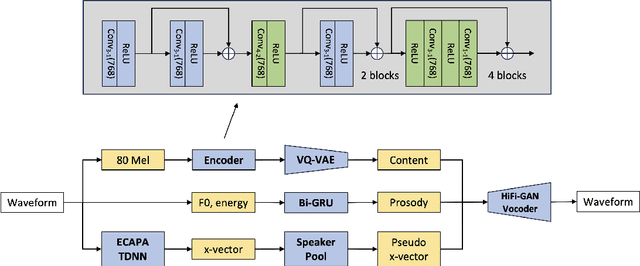

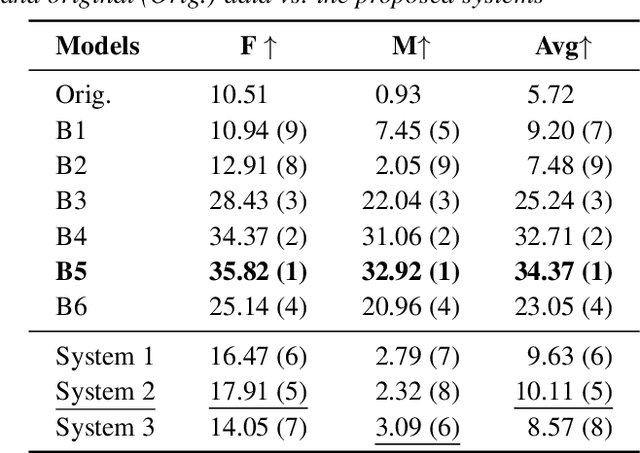
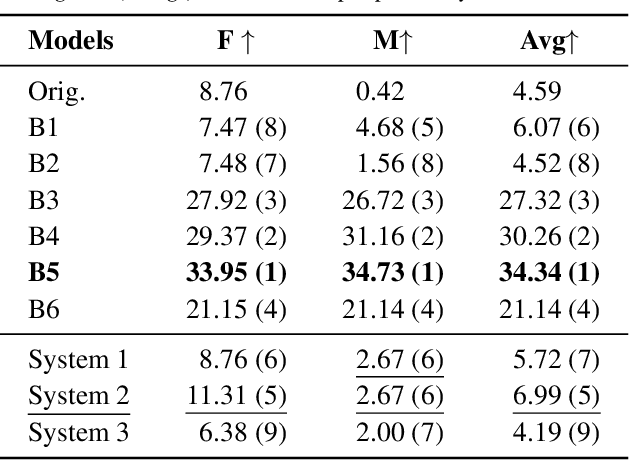
Abstract:Human speech conveys prosody, linguistic content, and speaker identity. This article investigates a novel speaker anonymization approach using an end-to-end network based on a Vector-Quantized Variational Auto-Encoder (VQ-VAE) to deal with these speech components. This approach is designed to disentangle these components to specifically target and modify the speaker identity while preserving the linguistic and emotionalcontent. To do so, three separate branches compute embeddings for content, prosody, and speaker identity respectively. During synthesis, taking these embeddings, the decoder of the proposed architecture is conditioned on both speaker and prosody information, allowing for capturing more nuanced emotional states and precise adjustments to speaker identification. Findings indicate that this method outperforms most baseline techniques in preserving emotional information. However, it exhibits more limited performance on other voice privacy tasks, emphasizing the need for further improvements.
Multimodal Group Emotion Recognition In-the-wild Using Privacy-Compliant Features
Dec 06, 2023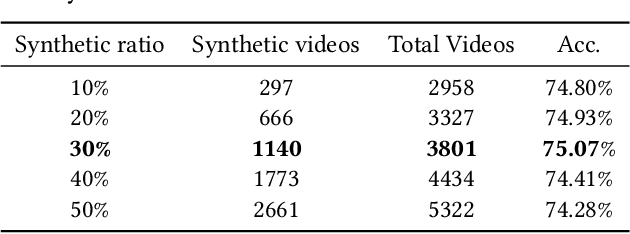

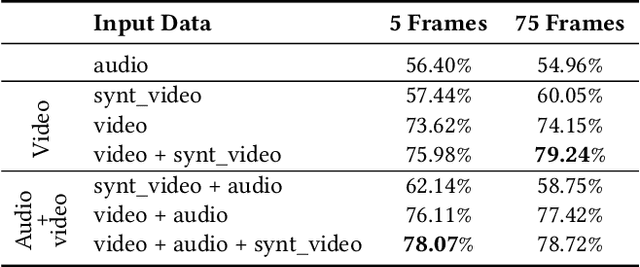
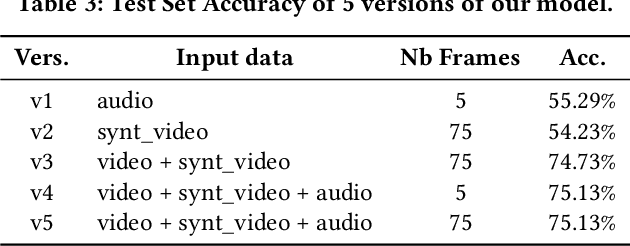
Abstract:This paper explores privacy-compliant group-level emotion recognition ''in-the-wild'' within the EmotiW Challenge 2023. Group-level emotion recognition can be useful in many fields including social robotics, conversational agents, e-coaching and learning analytics. This research imposes itself using only global features avoiding individual ones, i.e. all features that can be used to identify or track people in videos (facial landmarks, body poses, audio diarization, etc.). The proposed multimodal model is composed of a video and an audio branches with a cross-attention between modalities. The video branch is based on a fine-tuned ViT architecture. The audio branch extracts Mel-spectrograms and feed them through CNN blocks into a transformer encoder. Our training paradigm includes a generated synthetic dataset to increase the sensitivity of our model on facial expression within the image in a data-driven way. The extensive experiments show the significance of our methodology. Our privacy-compliant proposal performs fairly on the EmotiW challenge, with 79.24% and 75.13% of accuracy respectively on validation and test set for the best models. Noticeably, our findings highlight that it is possible to reach this accuracy level with privacy-compliant features using only 5 frames uniformly distributed on the video.
 Add to Chrome
Add to Chrome Add to Firefox
Add to Firefox Add to Edge
Add to Edge